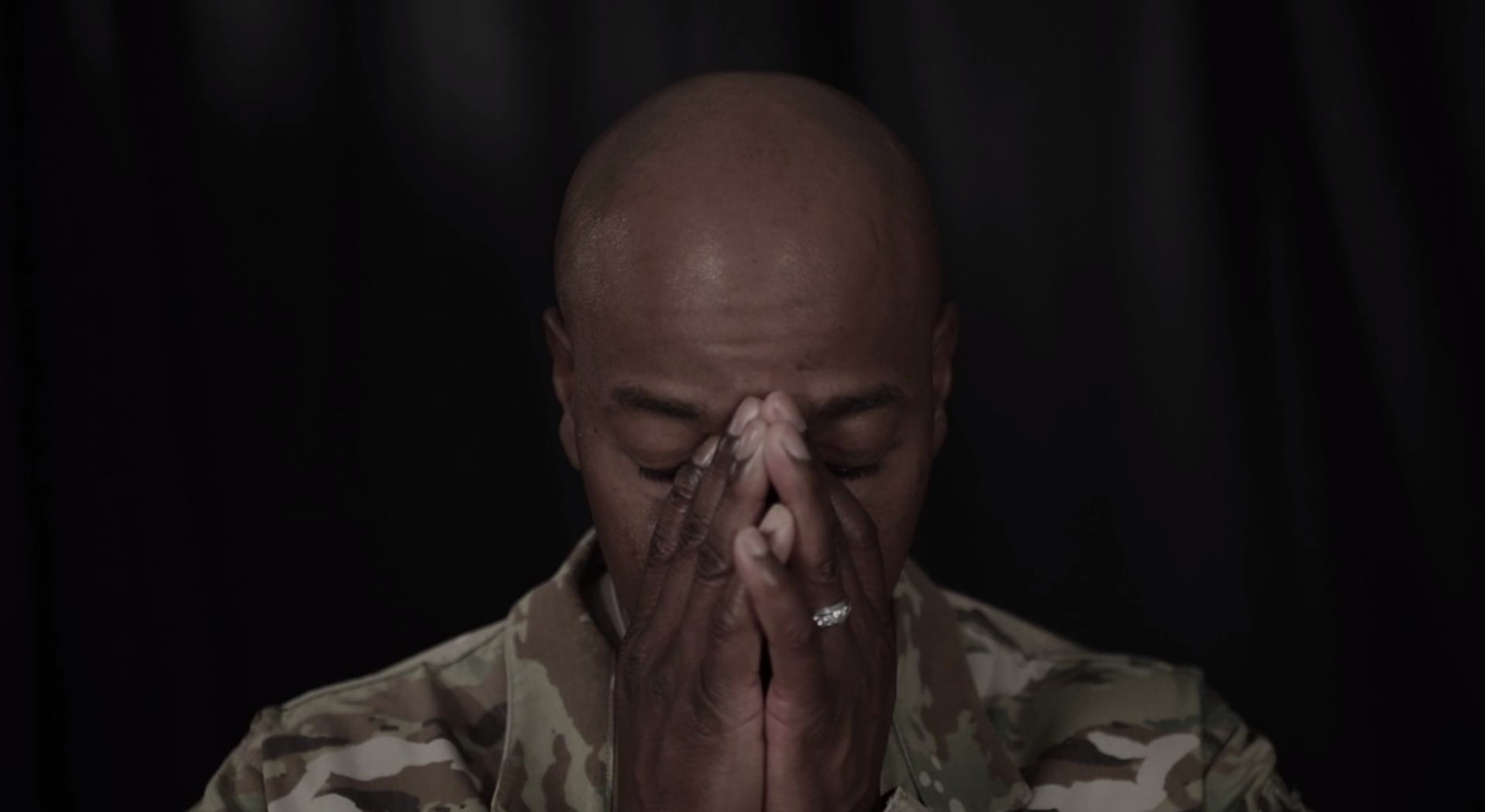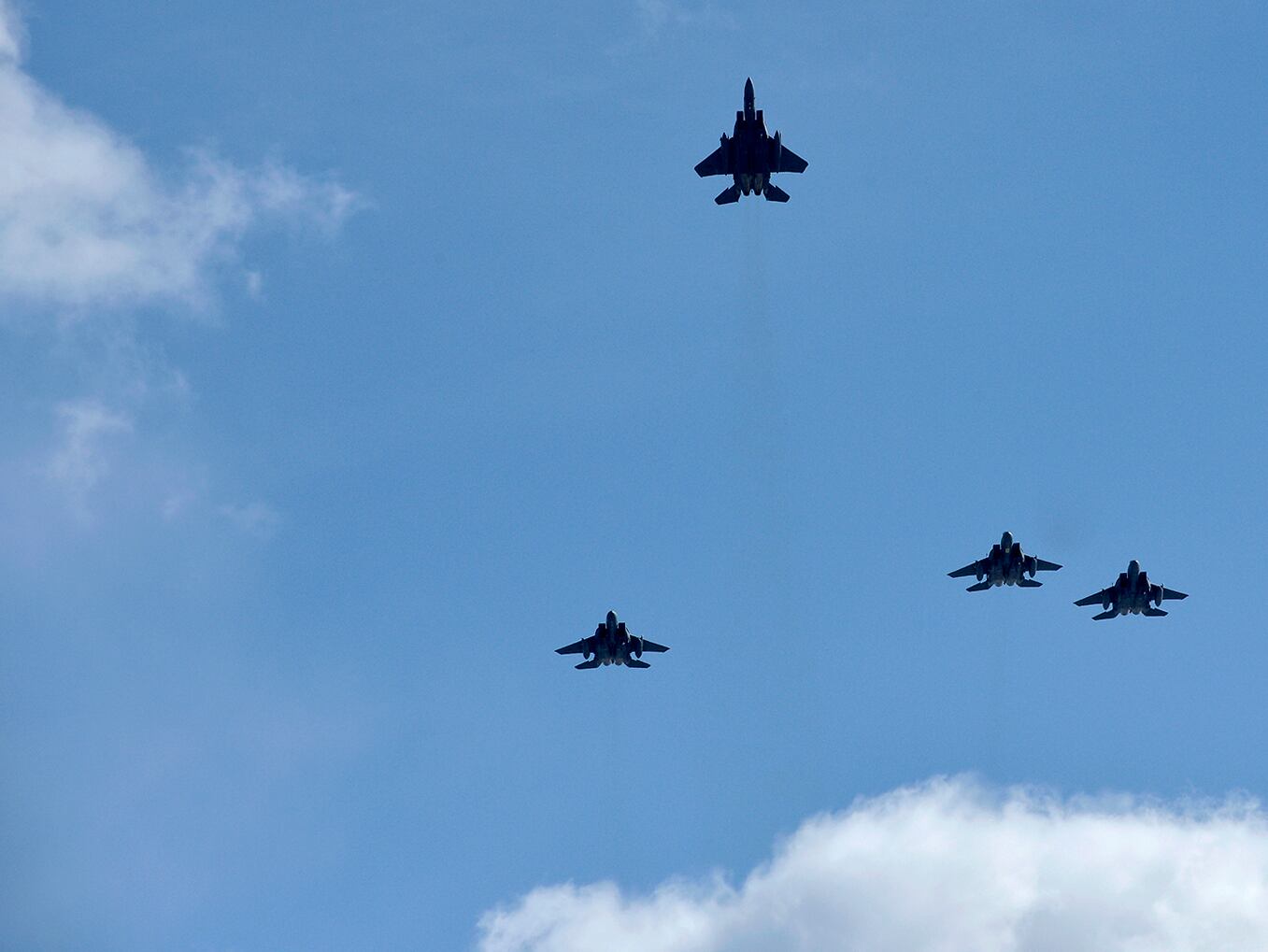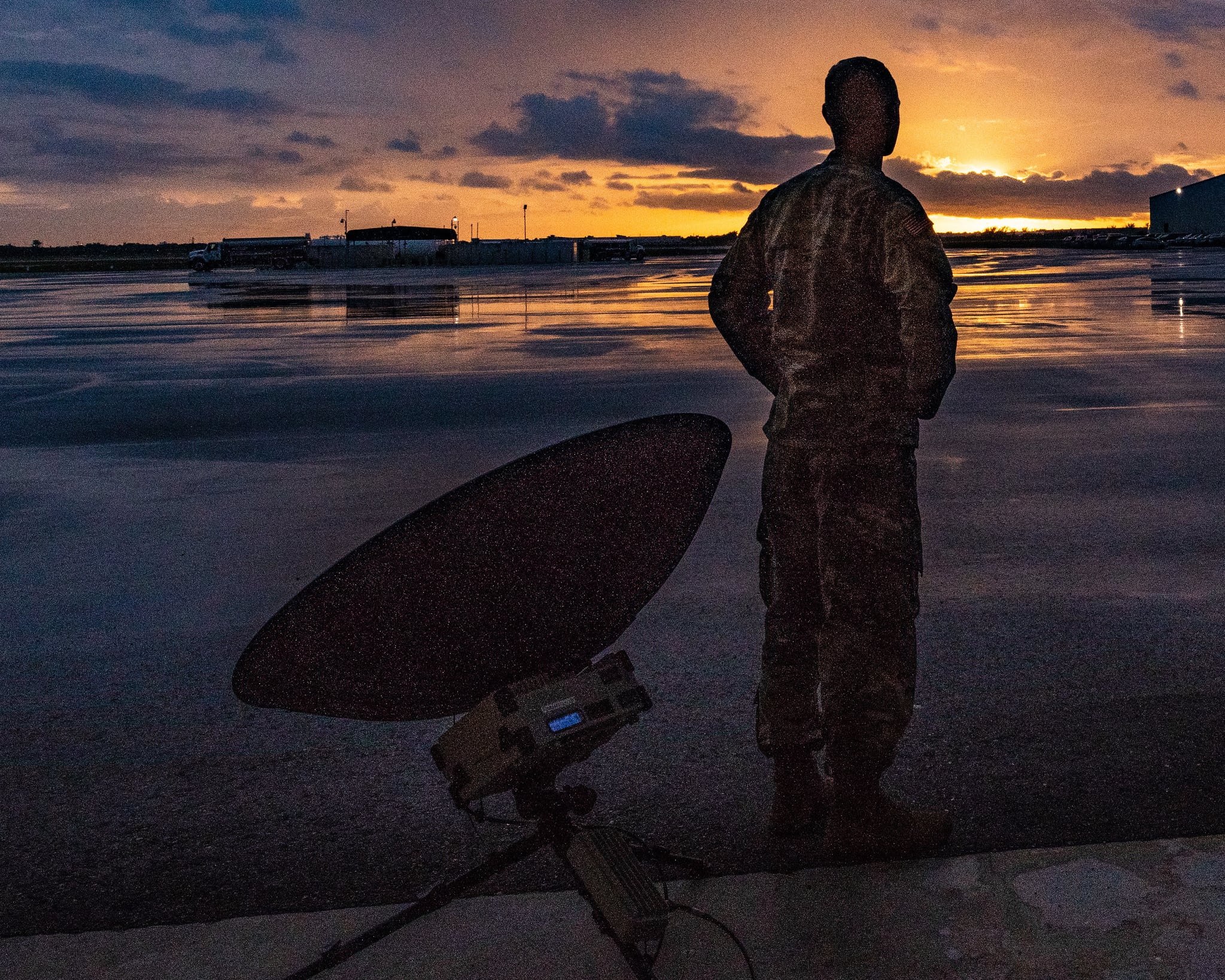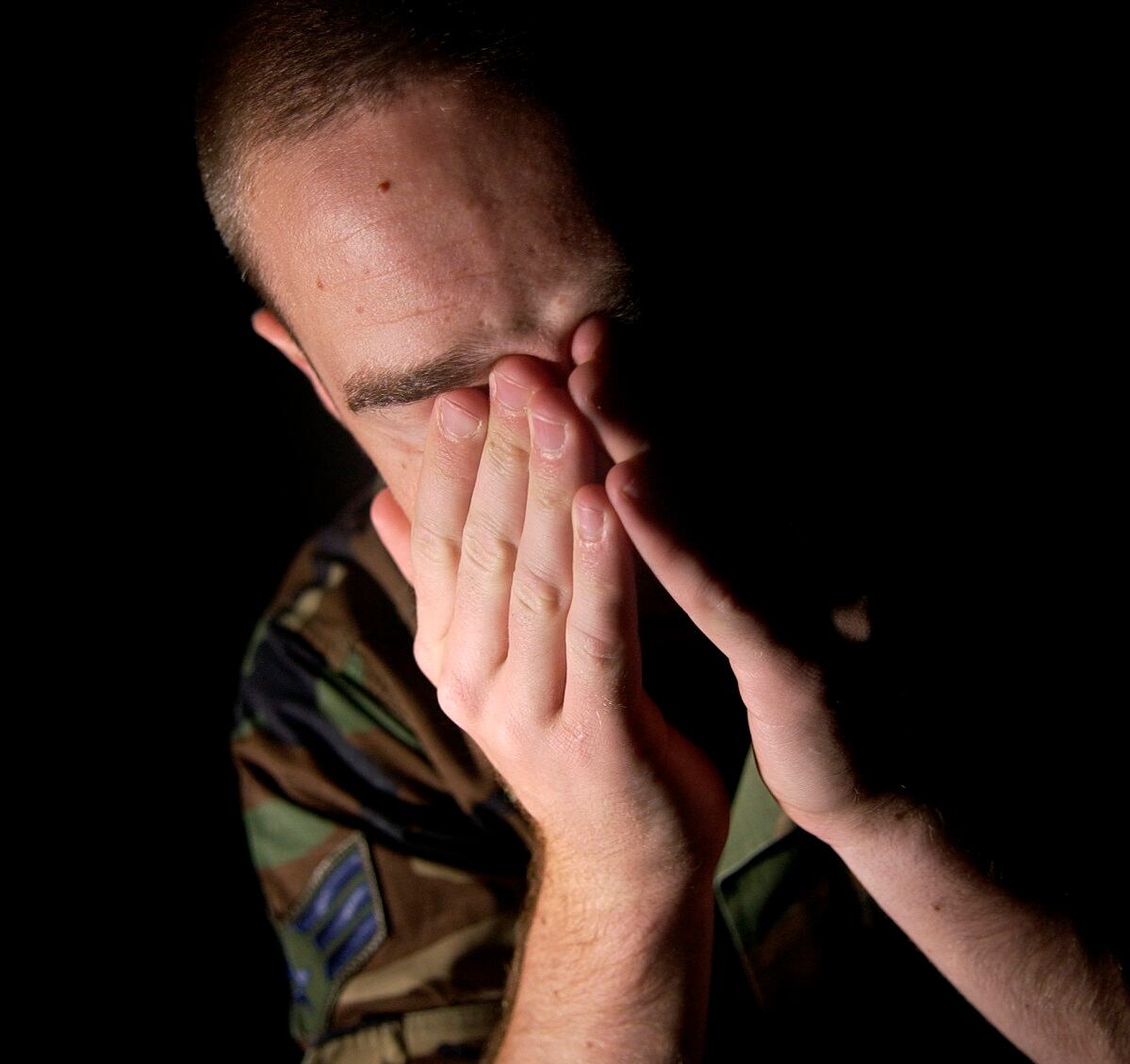The recent spike in suicides among my fellow airmen motivated me to share some thoughts on this epidemic.
In 2013, our great Air Force lost a selfless airman, combat-proven aviator, accomplished officer, dedicated father and one of my closest wingmen. I share this story as a “call to arms” to my fellow airmen to pay close attention to our wingmen’s mental health and the responsibility we have to help them check their collective “sixes.”
I met Bull in my first operational bomb squadron. I was impressed with his attitude, professionalism, compassion and dedication, both to country and family. As his instructor, I was humbled immediately in the jet as I regularly learned from him while I was also instructing him on navigation, bombing principles and weapons employment.
RELATED

In 2008, I deployed to Guam and once again re-connected with Bull. The night we arrived, I checked into my lodging and, to my joy, our crew home was two homes down from Bull. He greeted me as I checked in and we sat outside in the driveway to chat. Unfortunately, the major topic was the recent crash of RAIDR 21. The B-52 had crashed just six days before and had a tremendous impact on the entire B-52 community.
Bull was struggling with the loss of the six airmen, notably because he was scheduled to fly that fateful sortie. However, the day prior to the mission he was removed from the schedule so one of our buddies could get current. Bull was very troubled by the fact that “he should have been on the jet” and mentioned “why am I here” multiple times. Moreover, the fallen brother that took his place was also his roommate. “His toothbrush is still in our bathroom,” he said. I offered some words and we talked religion, family and maintained a close relationship for the duration of the deployment.
We went our separate ways, but after a few years re-connected at Barksdale AFB in 2013. It was a Monday and I was going to HQ AFGSC to renew my security read-ins. As I approached the HQ building, I noticed Bull walking out. After hugging we began to talk. Bull informed me he had recently been removed from the highly selective Army Command and General Staff School course at Fort Leavenworth, Kansas. He was then assigned to the staff after his removal, much to his chagrin.

He did not provide much detail but did mention that he was having some marital challenges. I knew his wife from our time in the ops unit and developed a closer relationship with her and his children during Weapons School. I offered some thoughts and encouraged him to stay strong and that I was at Barksdale and would provide any support to him that he needed. We discussed having a beer and he said, “I won’t be doing that any time soon.” I suggested we meet for lunch and he said, “I would love that.” The next week was busy for me and we did not have a chance to meet. A few days later Bull took his life.
RELATED

The Barksdale chapel was standing room only at his memorial and there were a lot of tears shed. It is a curious sight to see over a hundred combat-tested airmen in flight suits wiping tears and embracing in sadness. The chaplain surmised that perhaps Bull had survivor’s guilt from RAIDR21. For me, personally, I wondered if things might have turned out differently had we met for that lunch we discussed a few days before. Perhaps I failed my wingman, Bull, in 2013.
It appears now, more than ever, all of us need to be a good wingman.
We have impeccable training for resiliency and as a squadron commander and vice wing commander, I made every effort to instill a culture of resiliency and awareness in order to be a good wingman. Indeed, the folks at the Profession of Arms Center of Excellence have had a tremendous impact on my life, and the training I received from them during the Wing CC/Group CC course informs my leadership style. I believe we need to leverage their experience and expertise more during this dark time for our Air Force in the wake of these tragic losses.

Gen. Robin Rand was adamant that we take care of the “human weapons system;” he was keen on improving the quality of life for our airmen while also espousing (and symbolizing) servant leadership. I recall a day when he addressed a course I was attending and said — paraphrasing — “I’m taking leave and going skiing after I speak to you all here. I will not be available, as I’ll be with my family.” And he told all of us: “You should take your leave, too, so your airmen know that it is OK to take leave, and the time is necessary to recharge and reboot”. How does this relate to Bull? Perhaps he needed some time off so he could talk with someone and make sense of the tumultuous situation he faced in 2013.
While leadership encourages us to talk openly and not be afraid of the stigma that comes with seeking help, there is still room for improvement in our culture to engender an environment where we can feel comfortable telling our peers and leaders we are facing some mental health challenges. This is especially true in flying organizations, where maintenance and ops personnel excel at compartmentalization and we are expected to be a ready, full-up round. Bull was very proficient at compartmentalizing, exceptionally trained for this skill set, but it is not sustainable in one’s personal life.
Most of us have deployed and are combat-proven, but all of us, irrespective of rank, are warriors; human weapons systems responsible to our nation’s calling, family, fellow wingmen and ourselves.
Please keep a watchful eye on your fellow airmen — and please make time to go out for that lunch.
Col. Chris “Chico” Anderson is battle watch commander at Headquarters U.S. Strategic Command’s Global operations Center.





